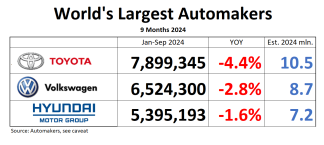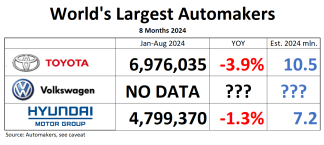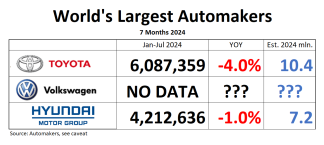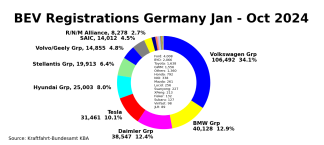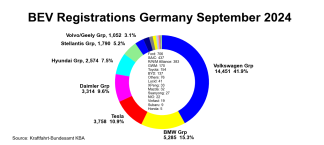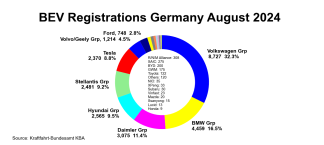Breathing the air in Beijing, capital of China, is deemed hazardous as I write this. The air quality index stands at 336. Half as bad is considered unhealthy, this is toxic. Over the past weekend, the smog led to the closure of at least 16 highways leading to and from Beijing. As a reaction, Beijing imposed a near-total ban on cars.
Only 150,000 new licenses plates will be issued annually in Beijing of the next four years, Reuters says. That’s down from 240,000 allowed currently. Before the number of new plates was drastically curtailed in 2011, new car sales in Beijing stood at around 700,000 new cars. Or at 890,000 new cars, depending on which issue of China Daily you rely more.
License plates in Beijing are awarded through a lottery, with the odds of betting on a single number in roulette much better than getting a license plate in Beijing. Entering the lottery by the whole family has become a favorite sport, even if you don’t need a car.
An increasing number of the scarce plates will be limited to buyers of what in China is called “new-energy vehicles” – electric, hybrid, CNG. “The number of plates for such vehicles will triple from 20,000 in 2014, to 60,000 in 2017, accounting for 40 percent of that year’s total plate quota,” Reuters says. Beijing will set up 100 stations for natural gas and 2,120 charging posts across the city this year, local press says.
When the lottery was enacted in 2011, and China’s plans for electric cars were in full bloom, everybody expected that EVs would be exempted from the ban, a move that would have set off the envisaged EV boom in China. It did not happen.

